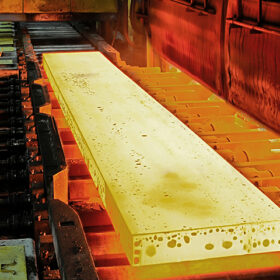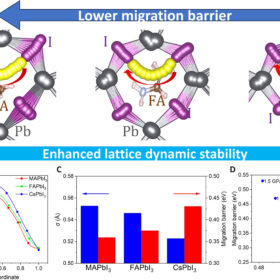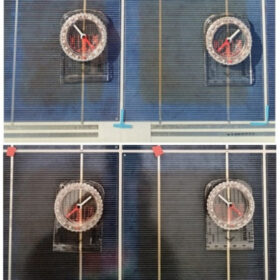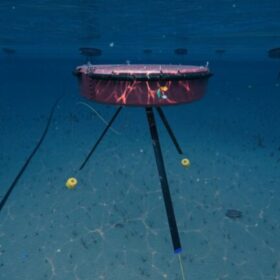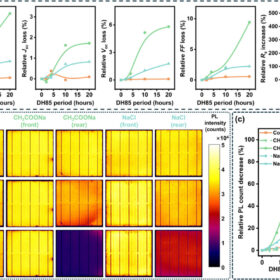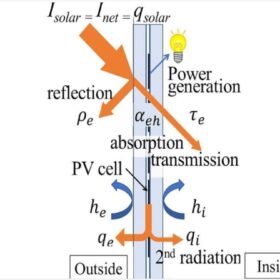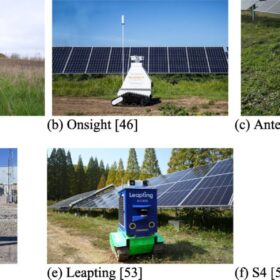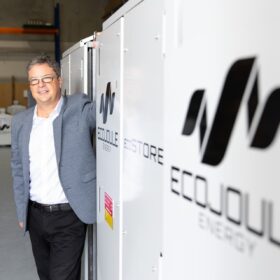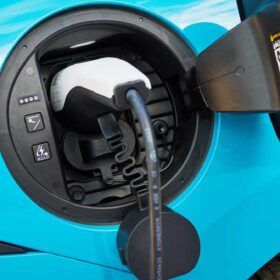$70 million fund opens to innovate heavy industry decarbonisation
Only innovators need apply: ARENA opens second round of industrial transformation stream funding offering $70 million to support technology development to help industry decarbonise.
Sydney researchers advance halide perovskite cell stabilisation
University of Sydney researchers have suppressed ion migration in halide perovskites specifically at the B-site, paving a way for cell stabilisation by minimising energy loss and improving performance reliability.
How to identify interruption of ribbons in solar modules
An international group of scientists have investigated the total or partial interruptions of ribbons that connect solar cells in modules and have proposed a classification based on their type and location.
Carnegie secures more funding for Spain wave energy project
Australian wave energy developer Carnegie Clean Energy has secured more than $545,000 in funding to push forward its plans to deliver and operate a 400 kW version of its ‘CETO’ wave power generation system in waters off the coast of Spain.
Research shows degradation mechanisms in rear side of TOPCon solar cells
Researchers from UNSW and Longi have found that the silicon nitride layers used in TOPCon cell rear-side are particularly prone to chemical degradation from sodium contaminants. This can lead to significant open-circuit voltage losses and reduce cell efficiency.
Energy Dome targets Australian market with carbon-dioxide battery tech
Italian energy storage company Energy Dome is scouting potential sites across Victoria to deploy its carbon dioxide battery technology as it works to establish a foothold in the Australian energy market.
Research homes in on heat gain to help BIPV prospects
To make it easier to adopt building integrated PV as a glazing material, a group within the IEA Photovoltaic Power Systems Program (IEA-PVPS) has tackled the solar heat gain coefficient calculation for BIPV. It is part of IEA PVPS Task 15 international standardisation efforts.
Murdoch Uni explores unmanned ground vehicles for solar plant monitoring
Researchers in Western Australia have reviewed 36 mobile inspection robots for ground-mounted PV plants and have identified six commercial ground robots that are systematically used for this task. Their work presents the robots according to different types of locomotion, navigation technologies, communication technologies, and market status.
EcoJoule lands $15 million to support expansion strategy
Voltage control specialist EcoJoule Energy has banked $15 million in capital it says will underwrite the company’s global expansion and support the wider deployment of technology designed to help stabilise the electricity grid as it adjusts to increasing levels of solar capacity.
EV owners turn to vehicle-to-load capability to counter blackouts
The merits of Australia’s growing electric vehicle fleet are on display in Queensland and northern New South Wales where hundreds of thousands of residents remain without power in the wake of Tropical Cyclone Alfred.
